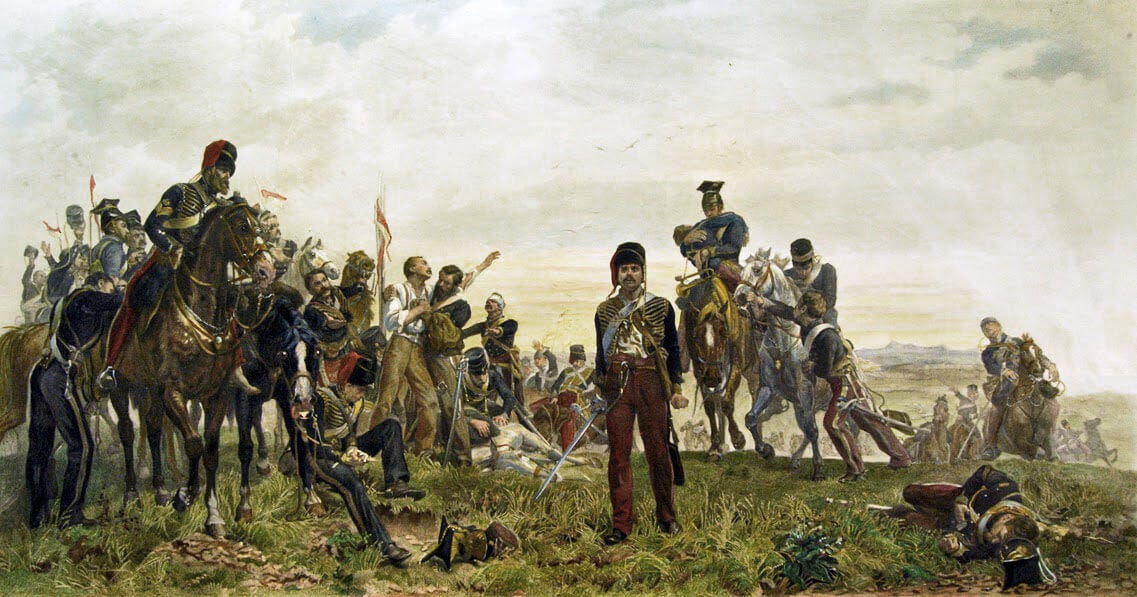Bad writing leads to unreadable manuals, ambiguous orders, and, worst of all, muddled thinking. These things, in turn, make it harder for America to win battles, campaigns, and wars. (If you doubt this connection, you may want to spend some time with the oeuvre of the current secretary of defense.)
Some of the bad writing that afflicts our Armed Forces belongs to the category of “self-inflicted wound.” (I’m looking at you, Captain It Is Requested That.) Most of the impious indignities heaped upon the Mother Tongue, however, seep into Minerva’s Realm from sewers running under Civvie Street. Thus, most of the firefights of the War On Bad Writing (WOBW) will have to take place in society at large.
The WOBW will begin with the posting of a sentry in every English class, there to sound the alarm every time that someone, whether teacher or student, composes a text worthy of the Council of Chief State School Officers. It will also involve the distribution of one hundred million free copies of the camouflage-cover edition of On Writing Well. Finally, soldiers, sailors, airmen, and Marines who are neither doing “Zinnser duty” nor standing guard in schools and colleges will go door-to-door across America, beginning meaningful conversations about effective communications with questions like “Did you realize that the prudent use of vibrant verbs can help you reduce your dependence on the passive voice?”
Needless to say, wags, scoffers, and Substack bloggers will poke fun at the WOBW. For one thing, they will pronounce the acronym as “woe be we.” (The approved enunciation will, of course, be “wuh - ob- wuh.”) For another, they will say things like “what are we going to do, punctuate Putin to death?” and “the grammar Nazis were zero for two in two world wars.”
Let us hope that the wise men and women who wield power in the corridors of the Pentagon will ignore the sneers, jeers, and Dollar Store mockery of those who laugh at the “war on bad writing.” After all, they know more than most that the quality of written expression is an issue of national security.
For Further Reading:
To Share, Support, or Support:








Fluency and facility with the English language is one of the most valuable skills on Earth. The lack of the same among the general population is solely due to a pervasive lack of reading. I see this all the time as a teacher. Part of the blame for this is the heavy emphasis our society places on technical and quantitative skills, but really it’s just a general cultural laziness and decadence. It’s shameful really, and it will take a catastrophe for us to snap out of it, if even then.
Let’s eat children. Let’s eat, children.